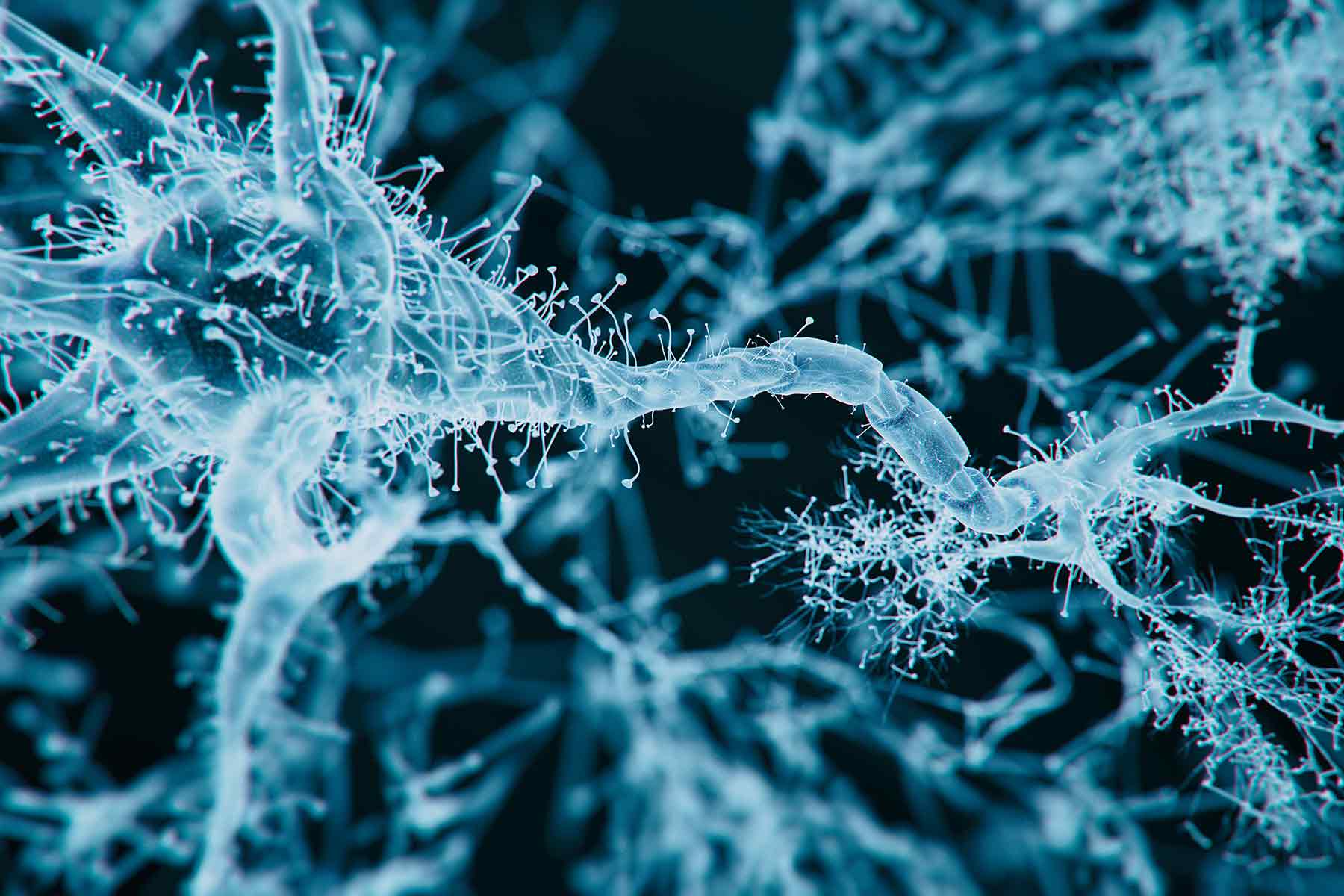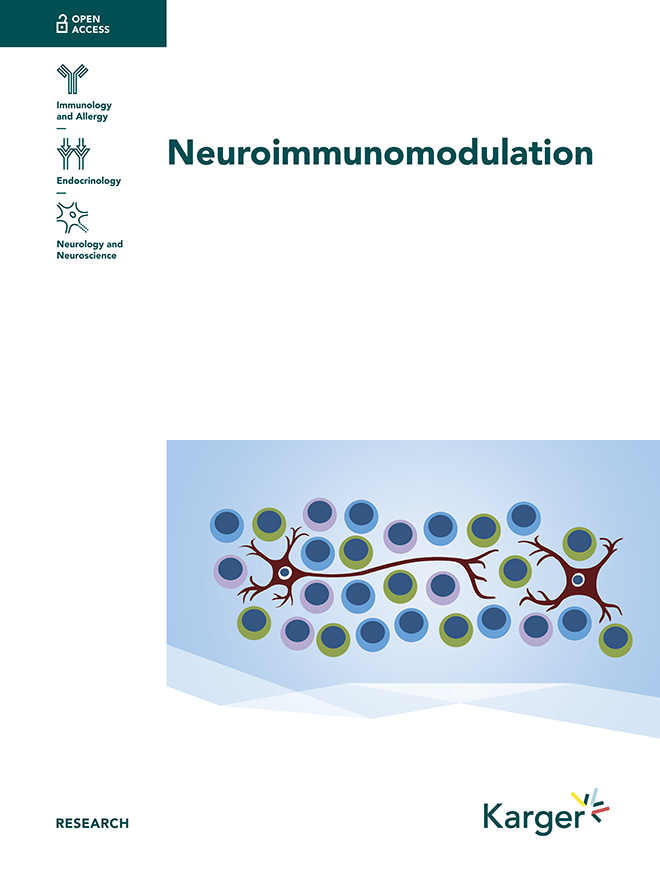
RESEARCH
Neuroinflammation in Neurodegenerative and Psychiatric Diseases
Neuroimmunomodulation article collection edited by: Prof Wilson Savino.
The Neuroinflammation in Neurodegenerative and Psychiatric Diseases collection comprises a series of seven timely contributions. Depression is the central issue in three of these articles; one summarizing the effects of CRH and Extracellular ATP upon depression, acting respectively upon the stress and the immune response; the other tackling the gut microbiota and nutrition, reviewing evidence that such an approach is essential to design more accurate therapies to prevent and treat major depressive disorders. The third contribution focuses on the cytokines, glucocorticoids and reveals the role of dexamethasone, decreasing proinflammatory and increasing anti-inflammatory cytokines levels and prevented a reduction in BDNF levels induced by the inflammatory stimulus. Interestingly, a further paper shows that exercise, in combination with psychological stress resulted in significant increase of systemic anti-inflammatory interleukin(IL)-4. Another relevant issue is discussed in this E-collection, in the manuscript showing that dysfunctional regulatory cells may contribute to neuroinflammation observed in mood disorders, which may occur through failure to develop efficient stress-related responses, microglial activation, functional defects of T cells in the brain and dysbiosis. The sixth contribution discusses caspase-11 in the context of non-canonical inflammasome in neuroinflammation and the pathogenesis of multiple sclerosis. Lastly, in this E-collection the role adrenergic neurons is discussed in terms of receptor specific pro- or anti-inflammatory effects of norepinephrine in a murine model of arthritis. Herein, the authors show that sympathetic nerve fibres lead to a predominant proinflammatory influence in arthritis, with increased contents of proinflammatory cytokines, such as IFN-γ and IL-6. We hope NeuroImmunoModulation readers will appreciate the various discussions included in the present E-collection.
-
Personalized Nutrition for Depression: Impact on the Unholy Trinity
Duarte-Silva E. · Clarke G. · Dinan T.G. · Peixoto C.A.
Neuroimmunomodulation 2021;28:47-51 (DOI:10.1159/000514094) -
Stress-Related Brain Neuroinflammation Impact in Depression: Role of the Corticotropin-Releasing Hormone System and P2X7 Receptor
Silberstein S. · Liberman A.C. · dos Santos Claro P.A. · Ugo M.B. · Deussing J.M. · Arzt E.
Neuroimmunomodulation 2021;28:52-60 (DOI:10.1159/000515130) -
Neuroinflammation in Mood Disorders: Role of Regulatory Immune Cells
Bauer M.E. · Teixeira A.L.
Neuroimmunomodulation 2021;28:99-107 (DOI:10.1159/000515594) -
Caspase-11 Noncanonical Inflammasome: A Novel Key Player in Murine Models of Neuroinflammation and Multiple Sclerosis
Yi Y.-S.
Neuroimmunomodulation 2021;28:195–203 (DOI:10.1159/000516064) -
Proinflammatory α-Adrenergic Neuronal Regulation of Splenic IFN-γ, IL-6, and TGF-β of Mice from Day 15 onwards in Arthritis
Straub R.H. · Dufner B. · Rauch L.
Neuroimmunomodulation 2020;27:58-68 (DOI:10.1159/000508109) -
Evaluation of Brain Cytokines and the Level of Brain-Derived Neurotrophic Factor in an Inflammatory Model of Depression
Horita J.K.H.A. · da Silva M.C.M. · Ferrari C.Z. · Vieira E.L.M. · Moreira F.A. · de Oliveira A.C.P. · Reis H.J.
Neuroimmunomodulation 2020;27:87-96 (DOI:10.1159/000511181) -
The Effect of Exercise and Psychological Stress on Anti- and Proinflammatory Cytokines
Hasanli S. · Hojjati S. · Koushkie Jahromi M.
Neuroimmunomodulation 2020;27:186-193 (DOI:10.1159/000512814)


